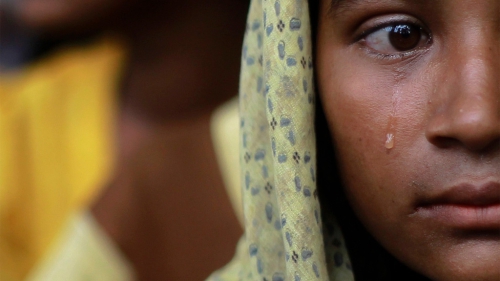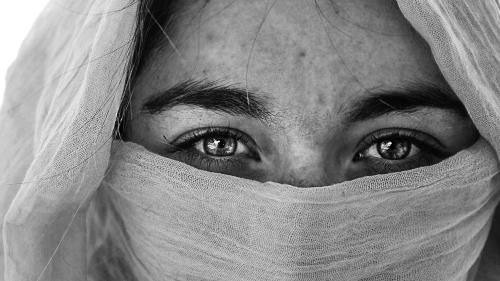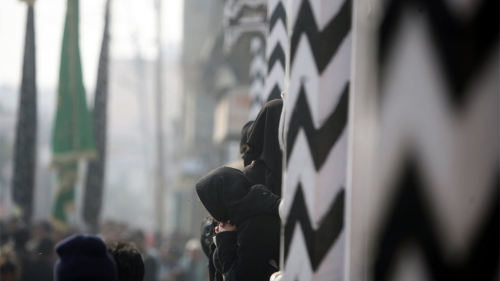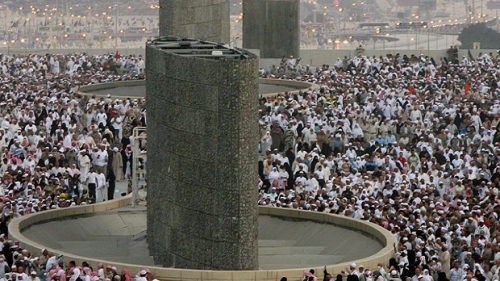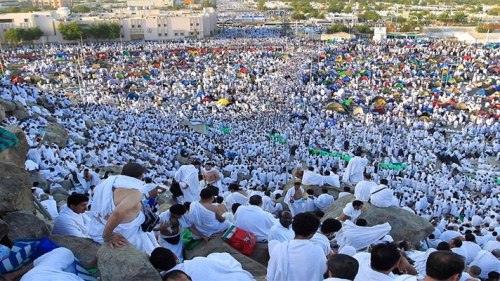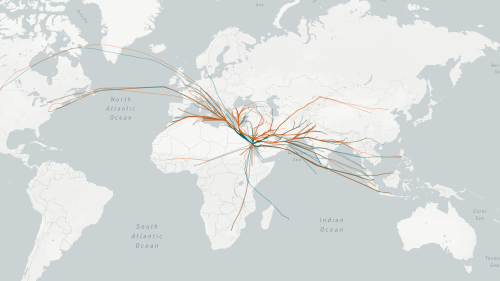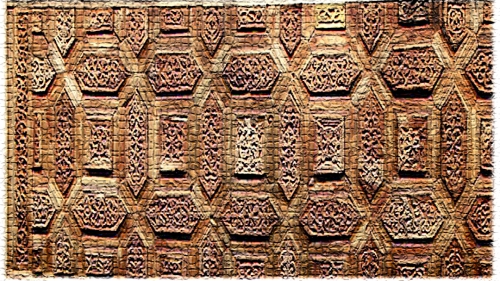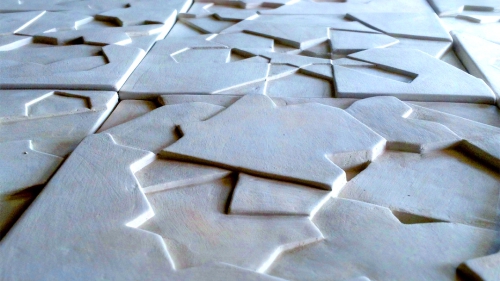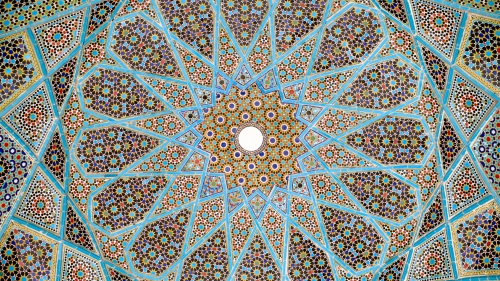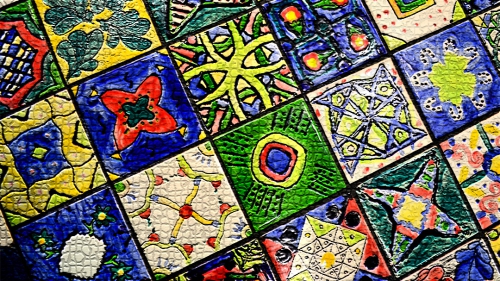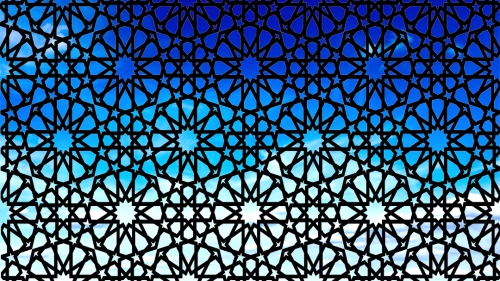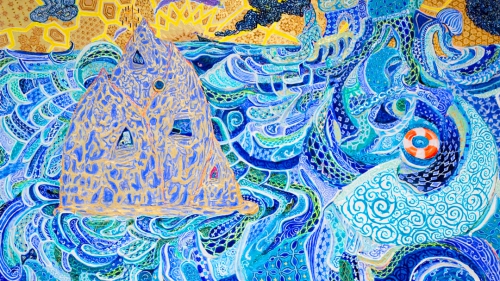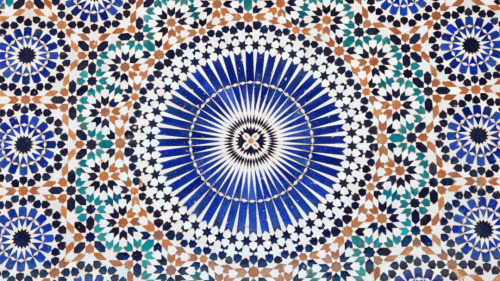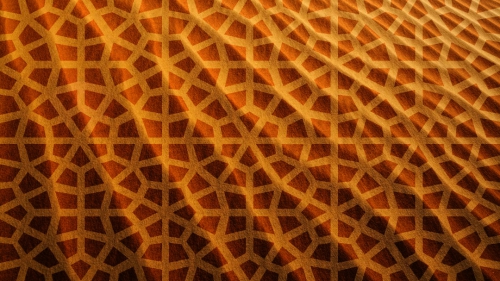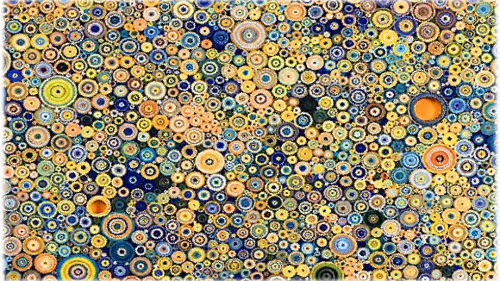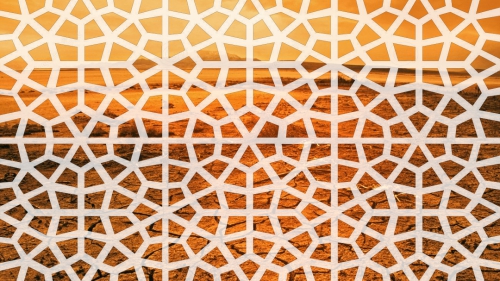The Essence of Ramadan
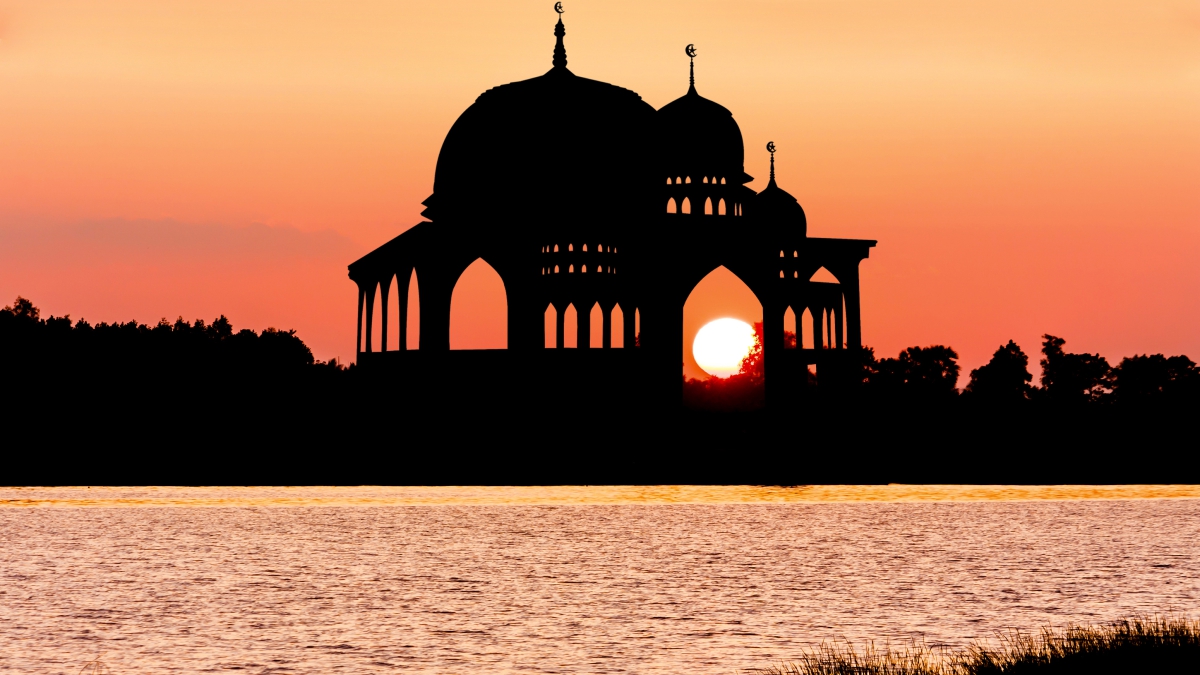
Muslims throughout the world are now observing Ramadan, the Muslim month of fasting in accordance with the dictates of the Qur'an - the Muslim Holy Scripture, in which they are commanded by Allah:
O ye who believe! Fasting is prescribed to you as it was prescribed to those before you, that ye may (learn) self-restraint (Taqwa). (Quran 2:183)
The word "Ramadan" comes from the Arabic root word for "parched thirst" and "sun-baked ground." Through fasting, a Muslim experiences hunger and thirst, and sympathizes with those in the world who have little to eat and drink every day. It teaches him/her to be charitable. Through increased charity, Muslims develop feelings of generosity and good-will toward others.
As is clear from the above Qur'anic verse, the essence of fasting is learning Taqwa, which is more than self-restraint (translated above). It is God-consciousness which endows the person (the Muttaqi) to be aware of the presence of Allah in every moment of his/her life.
As to the characteristics of a Muttaqi, the Qur'an says:
It is not righteousness that ye turn your faces towards east or west; but it is righteousness - to believe in God and the Last Day, and the Angels, and the Book, and the Messengers; to spend of your substance, out of love for Him, for your kin, for orphans, for the needy, for the wayfarer, for those who ask, and for the ransom of slaves; to be steadfast in prayer, and practice regular charity; to fulfill the contracts which ye have made; and to be firm and patient, in pain (or suffering) and adversity, and throughout all periods of panic. Such are the people of truth, the muttaqoon. (Quran 2:177)
In his famous book Kimiya-e Sa'dat, Imam al-Ghazzali (r) tells the story of a certain Shaykh [Junayd al-Baghdadi (r)] who favored one of his disciples over others because of the latter's God-consciousness. Other disciples obviously were jealous about the Shaykh's favoritism. One day to prove the point, the Shaykh gave each disciple a fowl to kill it in a place where no one could see him. All the disciples returned after killing their fowls, except the favored disciple. The Shaykh inquired why he had returned with the live fowl. The disciple replied, "I could not find a place where Allah would not see me." His God-consciousness (Taqwa) did not allow him to be heedless of Allah's presence. The Shaykh then told his other disciples: "Now you know this youth's real rank; he has attained to the constant remembrance of Allah."
Fasting increases devotion, and brings a Muslim closer to the Creator. It creates the recognition that everything we have in this life is a blessing from Him. It teaches self-control or -restraint, and thereby, good manners, good speech, and good habits.
Fasting during Ramadan is one of the major pillars of Islam, and this is also noted in the sayings of the Prophet Muhammad (S) [blessings of Allah and peace be upon him] who said: "Islam is based on (the following) five (principles):
1. To testify that none has the right to be worshipped but Allah and Muhammad is Allah's Apostle;
2. to establish the prayers;
3. to pay Zakat (i.e. obligatory charity);
4. to perform Hajj (i.e. Pilgrimage to Makkah);
5. to observe fast during the month of Ramadan." [Bukhari: (narrated by) Abdullah Ibn 'Umar]
While fasting is an obligation for all able-bodied persons who are not traveling or sick, it is also clear from some other verses of the Qur'an and numerous sayings of the Prophet Muhammad (S) that fasting is not restricted to the month of Ramadan, and can be observed voluntarily at other times. The Prophet (S) used to fast on Mondays and Thursdays almost on a regular basis. Fasting a certain number of days (or offering charity or sacrifice) can be an expiation for missing out (or unintentionally breaking) some religious obligations of either Hajj or 'Umra (Qur'an 2:196, 5:96), and for forgetting or breaking one's oaths or promises (Qur'an 5:89).
Great merits and rewards - both physical and spiritual - can be drawn from fasting. As noted by Dr. Shahid Athar, M.D., "The physiological effect of fasting includes lowering of blood sugar, lowering of cholesterol and lowering of the systolic blood pressure. In fact, Ramadan fasting would be an ideal recommendation for the treatment of mild to moderate, stable, non-insulin diabetes, obesity, and essential hypertension."
As stated in the Qur'an, Allah promises forgiveness and vast reward for a fasting person:
Lo! Muslim men and women (who submit to Allah), and men who believe and women who believe, and men who obey and women who obey, and men who speak the truth and women who speak the truth, and men who persevere (in righteousness) and women who persevere, and men who are humble and women who are humble, and men who give alms and women who give alms, and men who fast and women who fast, and men who guard their modesty and women who guard (their modesty), and men who remember Allah much and women who remember - Allah hath prepared for them forgiveness and a vast reward. (Qur'an 33:35)
In a well-known hadith, Muhammad (S) said, "Allah, the Almighty and Master of Honor, says: 'All actions of a person are for himself, except the case of his fasting which is exclusively for Me and I shall pay (recompense) for him for the same.' The fast is a shield (against vice and the fire of Hell). Therefore when anyone of you is fasting he should abstain from loose talk and avoid verbosity and noisy exchange of words." [Bukhari and Muslim: Abu Hurayrah]
And when one combines such meritorious deeds like prayer, fasting and charity (three of the five pillars of Islam) during the month of Ramadan, which is described as a month of blessing when the Qur'an was revealed, Allah promises immense rewards. Muhammad (S), Allah's Apostle said: "Whoever establishes prayers during the nights of Ramadan faithfully out of sincere faith and hoping to attain Allah's rewards (not for showing off), all his past sins will be forgiven." [Bukhari: Abu Hurayrah]
To a Muslim, it is this state of God-consciousness, attainable through fasting -- for surely, the evils of the nafs (ego, evil-self, etc.) cannot be tamed without this, which is learned in the blessed month of Ramadan. It is at this stage that a person truly becomes Allah's servant ('abd) for whom He says in the Qur'an:
When My servants ask thee (Muhammad) concerning Me, I am indeed close (to them): I listen to the prayer of every suppliant when he calleth on Me: Let them also, with a will, Listen to My call, and believe in Me: That they may walk in the right way. (2: 186)
Alas, today's Muslims are a far cry from those who follow the dictates of the Qur'an. They may like to listen to the advice of Ibrahim ibn Adham (r), a great saint of Islam, when he was asked, "Allahu ta'ala declares: 'O My human creatures! Ask Me! I will accept, I will give!' Nonetheless, we ask but He does not give?"
Ibrahim (r) said: "You entreat Allahu ta'ala, but you do not obey Him. You know His Prophet (S), but you do not follow him. You read the Qur'an al-Karim, but you do not follow the way it prescribes. You utilize Allah ta'ala's blessings, but you do not thank Him. You know that Paradise is for those who worship, but you do not make preparations for it. You know that He has created Hell for the disobedient, but you do not fear it. You see what happened to your fathers and grandfathers, but you do not take a warning. You do not see your own defects, and you search for defects in others. Such people must be thankful, since it does not rain stones on them, since they do not sink into the earth, and since it does not rain fire from the sky! What else could they want? Would not this suffice as a recompense for their prayers?" [Ithbat an-Nubuwwat]
On another occasion, somebody asked the Ibrahim ibn Adham (r) for advice. He said: "If you accept six things, nothing you do will harm you. These six things are:
1. When you intend to commit a sin, do not eat the food He gives. Does it befit you to eat His food and to disobey Him?
2. When you want to rebel against Him, go out of His Domain. Does it befit you to be in His Domain and to be in rebellion against Him?
3.When you want to disobey Him, do not sin where He sees you. Sin where He does not see you! It is simply unbecoming to be in His Domain, to eat His food and then to sin where He sees you!
4. When the Angel of Death comes to take away your soul, ask him to wait till you repent. You cannot turn that angel back! Repent before he comes, while you have the chance at this very hour, for the Angel of Death comes unexpectedly!
5. When the two angels Munkar and Nakir come to question you in the grave, turn them back. Do not let them test you!"
"It is impossible," said the person who asked for his advice.
Ibrahim (r) said, "Then prepare your answers now!"
6. On the Day of Resurrection, when Allah ta'ala declares: "Sinners, go to Hell!" say that you will not!
The person said, "Nobody will listen to me," and then repented; he did not disavow his sense of penitence up until death. There is a Divine effect in the words of a saint. [Islamic Wisdom]
May this Ramadan lay the foundation stone to the path of Taqwa!
*****
Dr Habib Siddiqui has authored 10 books. His latest book - Devotional Stories - is now available from A.S. Noordeen, Kuala Lumpur, Malaysia.
Topics: Fasting (Sawm), Muttaqi (Pious), Ramadan, Taqwa (God Consciousness), Women Values: Charity, Integrity, Manners Channel: Ramadan - Day 9
Views: 27764
Related Suggestions






